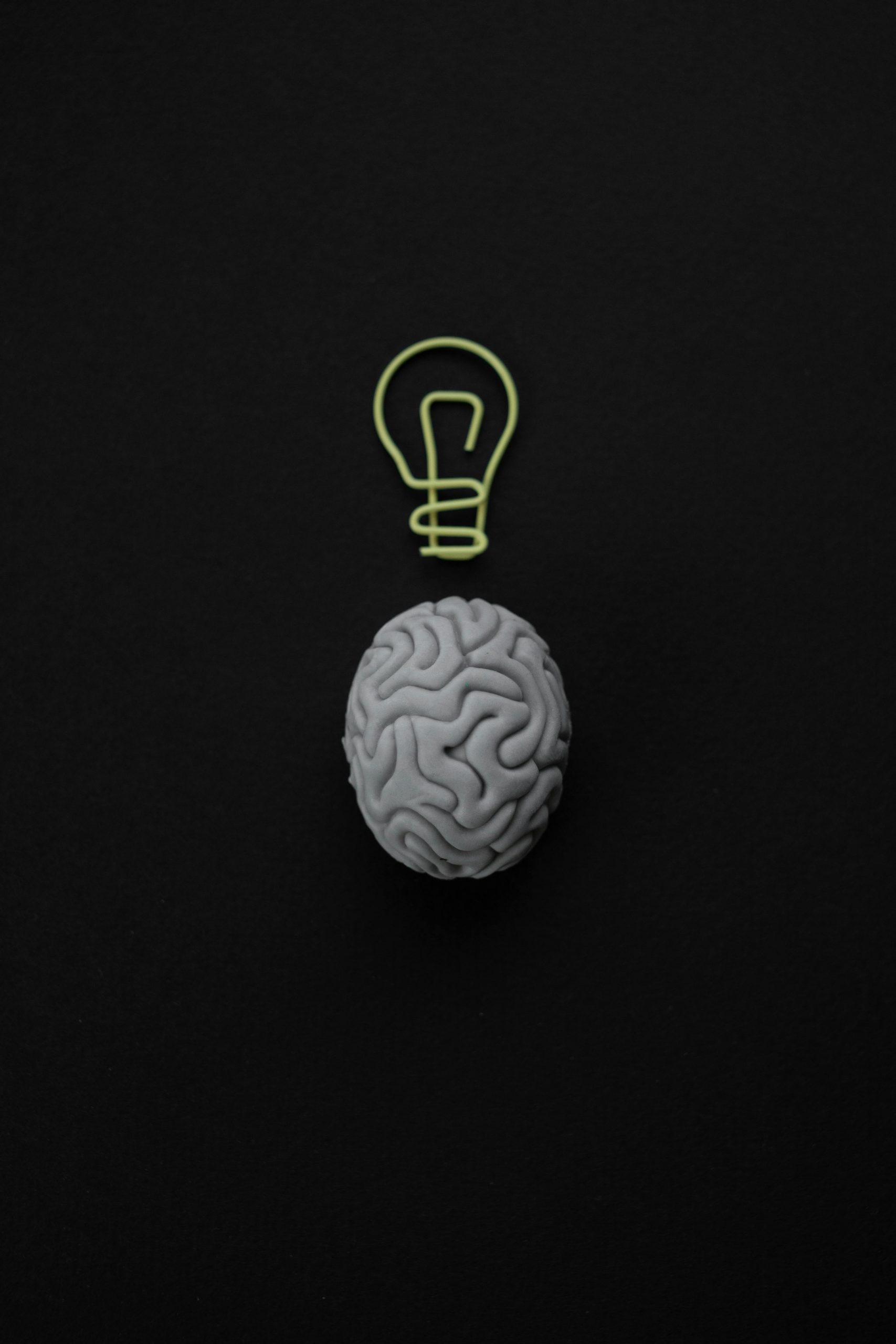Hello everyone, I hope you have all had a wonderful week. Welcome to another mental health blog post! In this blog post, I am going to discuss something new and exciting within the domain of mental health treatment…
In the realm of mental health treatment, a novel approach is gaining traction among psychiatrists and psychologists in British Columbia: neurofeedback (Ball, 2024). This innovative treatment method harnesses the inherent power of patients’ brain waves to address a spectrum of mental health challenges. Despite decades of study, neurofeedback remains a subject of debate within the professional community. While some, like neuroscientist Randy McIntosh from Simon Fraser University and Victoria psychologist Susan Brock advocate for its efficacy, others question its mechanisms and broader applicability.
Victoria psychologist Susan Brock claims that neurofeedback aims to enhance patients’ cognitive flexibility by training their brains to transition smoothly between different states (Ball, 2024). In healthy individuals, this flexibility is crucial for optimal cognitive function. However, conditions like post-traumatic stress disorder (PTSD) can lead to persistent states of heightened arousal, resulting in cognitive impairment.
In British Columbia, private psychiatrists and psychologists offer electroencephalography (EEG)-guided neurofeedback (Ball, 2024). During an EEG session, electrodes are placed on the patient’s scalp to measure their brain’s electrical activity, in order to provide clinicians with a map of the patient’s brain function. Patients typically watch a video during the EEG session, with the video adjusting its brightness and volume based on the patient’s detected brain activity. Darkening and quietening signify unhealthy brain patterns, while brightness and audibility represent healthier patterns, acting as a form of reward to reinforce desired brain activity.
Neurofeedback is being utilized across various populations, including those with attention deficit hyperactivity disorder (ADHD), anxiety disorders, and PTSD (Ball, 2024). While certain psychologists like Brock report positive outcomes with this treatment, researchers’ opinions vary. Peer-reviewed studies suggest that further data is needed to establish the effectiveness of neurofeedback across a wider range of disorders, with the strongest evidence currently supporting its use in ADHD, anxiety disorders, and traumatic brain injuries.
Dr. Kourosh Adalati, founder of the Elumind Centres For Brain Excellence, advocates for an integrated treatment approach combining neurofeedback with psychotherapy and medication (Ball, 2024). He likens neurofeedback to conditioning, where the brain learns to associate certain pathways with rewarding outcomes, prompting it to adopt healthier patterns. While acknowledging neurofeedback’s promising results, Adalati states that the exact mechanisms behind its effectiveness remain elusive.
In conclusion, neurofeedback coincides with a promising avenue for treating various mental health conditions, yet its efficacy and mechanisms warrant further investigation.
I hope that you enjoyed learning about this new and interesting treatment avenue as much as I did. I find it fascinating to see how, over time, new treatment options aside from classic psychotherapy and psychotropic medications are being explored for mental health. Personally, I hope that by combining research and insights from practitioners and researchers, neurofeedback may be further optimized for mental health care in Canada and beyond! On that note, I am wishing everyone a wonderful week and start of October. Please take care!
Image Courtesy of Pexels.com
Note: The Free Your Mind Mental Health Society is an independent youth-led organization. The contents of this blog are not intended to be a substitute for professional medical advice, diagnosis, or treatment. Always seek the advice of your physician or another qualified health provider with any questions you may have regarding a medical condition. In the event of a medical emergency, please call your doctor or 911 or other local emergency numbers immediately.
References
Ball, D. P. (2024, January 1). These B.C. neuroscientists hope to help people with mental health challenges – using patients’ own brainwaves. CBC News. https://www.cbc.ca/news/canada/british-columbia/neurofeedback-mental-health-experts-1.7061248




